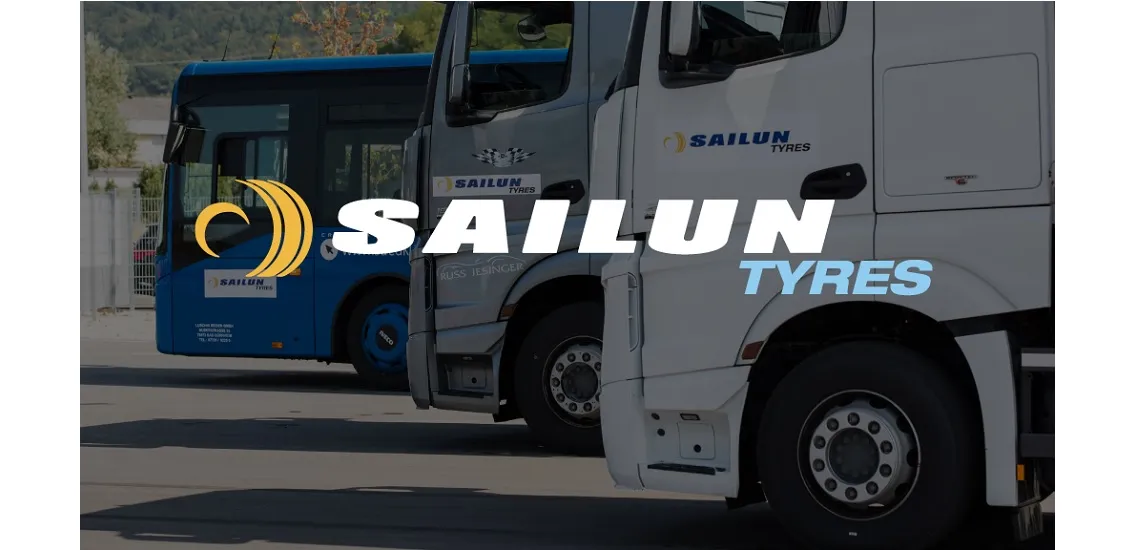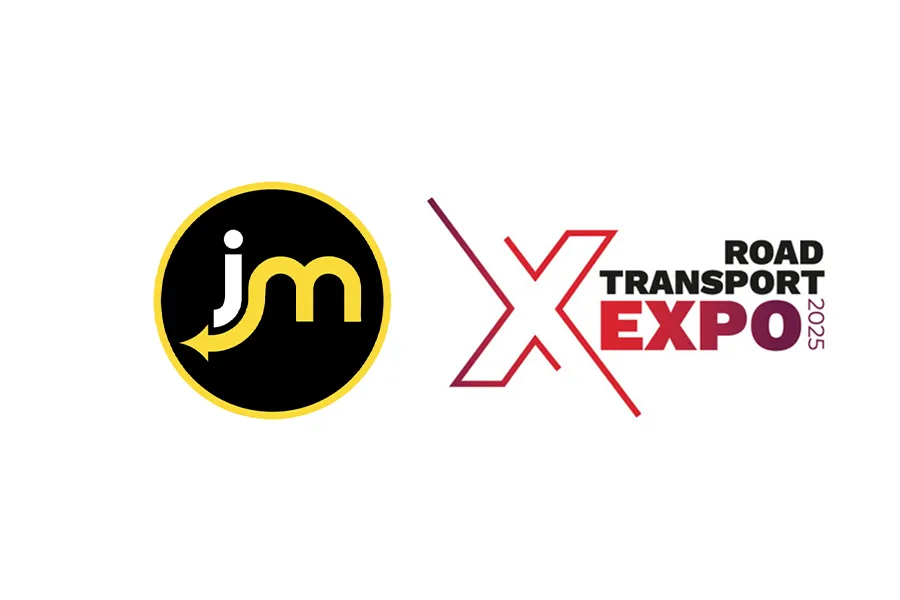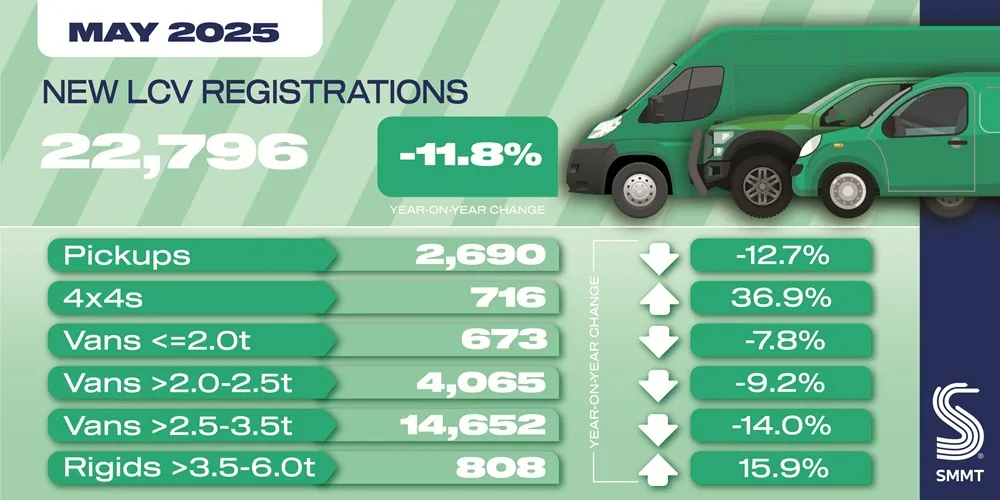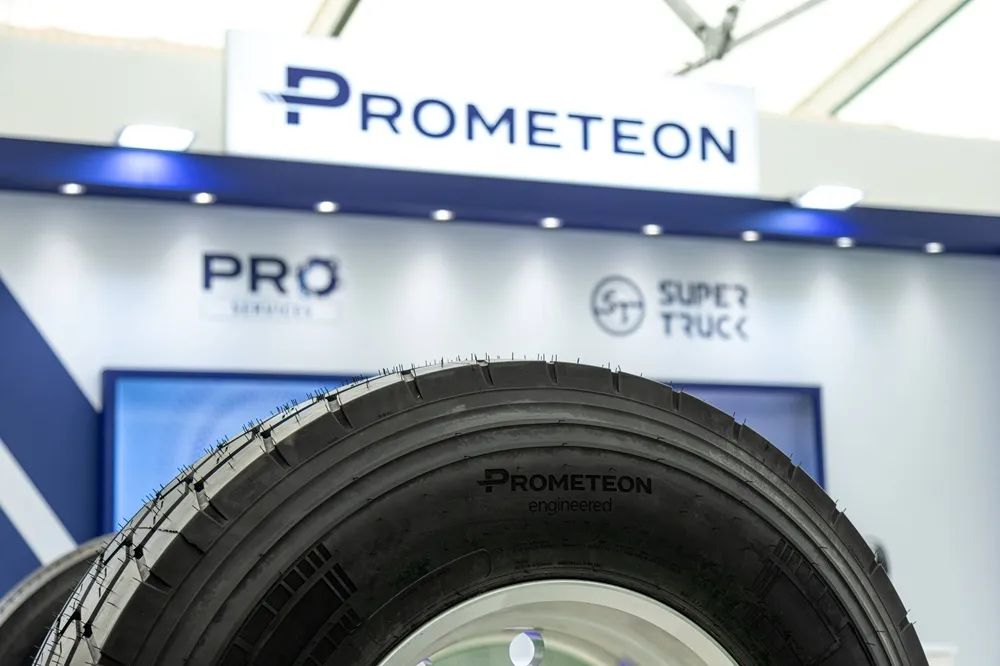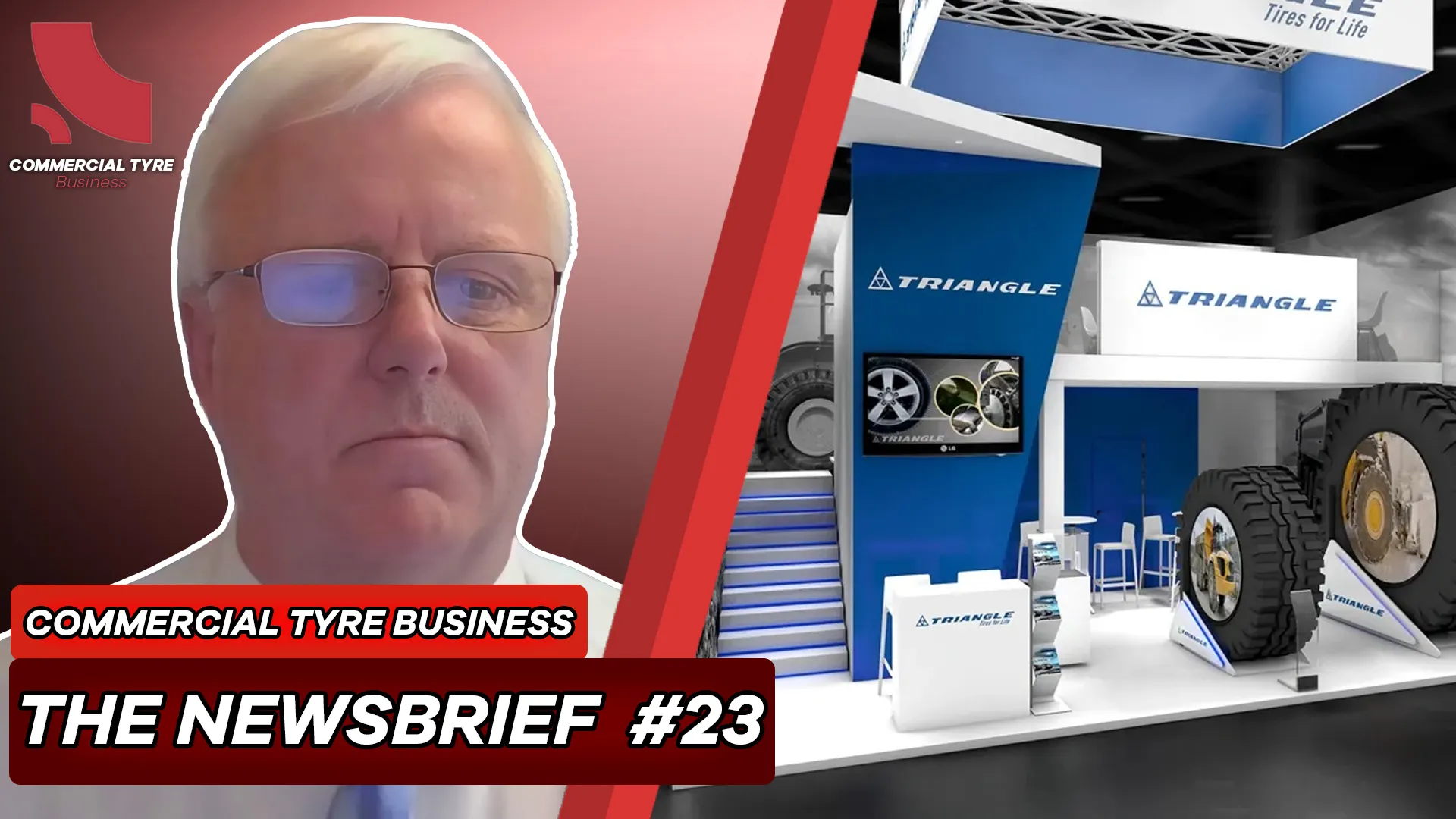Sailun is a fast growing Chinese tyre company with growing market share across all sectors, but this time out we spoke to the manufacturer on the bus and coach sector.
Sailun Sees Bus and Coach as a Potential Growth Market
We asked Sailun’s Stephan Cimbal about the company’s approach to the bus and coach tyre sector in Europe.
Cimbal opened with the comment; “Now these products account for a modest share of our commercial tyre business. It wouldn’t be more than 5%, so of course we view this as a product segment with opportunity to grow and increase our presence.”
In Sailu...
Sailun Sees Bus and Coach as a Potential Growth Market
We asked Sailun’s Stephan Cimbal about the company’s approach to the bus and coach tyre sector in Europe.
Cimbal opened with the comment; “Now these products account for a modest share of our commercial tyre business. It wouldn’t be more than 5%, so of course we view this as a product segment with opportunity to grow and increase our presence.”
In Sailu...

